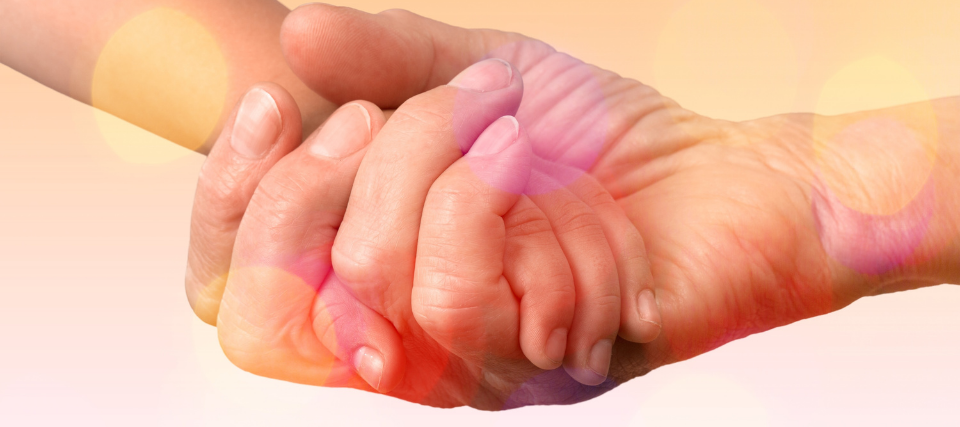Your patients call you when they have a need. It could be a healthcare concern, to schedule an appointment, or to seek clarification on medical instructions. They might be inquiring about insurance, a charge, or making a payment. Or it may be something completely different.
Regardless, they call you because they need your help. When they reach out to you, don’t subject their phone call to impersonal technology that invariably causes frustration. Instead let them talk to a person. Give them the human touch. That’s what they want. And this is true now even more so than in the past.
Connection
It’s human nature to desire connection with other people. At a time when healthcare concerns force many to isolate themselves, they are lonely. Short of seeing another human being, they want to talk to someone. If they can’t meet in person, a phone call is the next best thing. Talking with others over the telephone helps them connect with other people. The human touch is a core human need, which many people don’t currently enjoy in sufficient quantity.
Don’t add to their distress by routing their critical phone calls into voicemail jail or forcing them to leave a message on an answering machine. Respect them by talking to them in person. This means having a real, live, human being answer when they call.
Empathy
When it comes to healthcare needs, there’s an accompanying desire for compassion. Yes, sick people want to get better. But an empathetic ear goes a long way to making this happen. As you care for their physical needs, meet their emotional needs, too, by showing that you care for them as a real person. Offer a holistic approach to their healthcare needs—both physical and emotional.
This starts when they call your office. If they’re worried or sick, which is usually the case, don’t treat them with distant professionalism. And certainly don’t let technology take your place in this initial, essential communication. No computer program can convey empathy. Expressing care requires a human touch. It requires that a real person, and not a program, answers when they call.
Action
Now that you’ve made a connection and expressed empathy, it’s time for action. Take the steps necessary to address the reason for their call. Whatever the solution is, communicate your plan to them and act upon it. This is the third reason why a human touch is so critical. Communication automation can’t take the place of people when it comes to addressing healthcare concerns. Don’t expect technology to do for your patients what they expect you to do for them.
Conclusion
Just as applying the human touch to your patient phone calls during office hours, expect the same thing from your answering service after hours. If patients call when your office is closed, what happens? Do you force them into a technology solution that will cause frustration and worsen the problem? Or do you have a medical answering service that provides the human touch that they crave?
Learn how medical answering service from MedConnectUSA can help your practice, clinic, or facility. Then get a free quote to discover how affordable their healthcare communication services are. Peter Lyle DeHaan is a freelance writer and call center authority.
